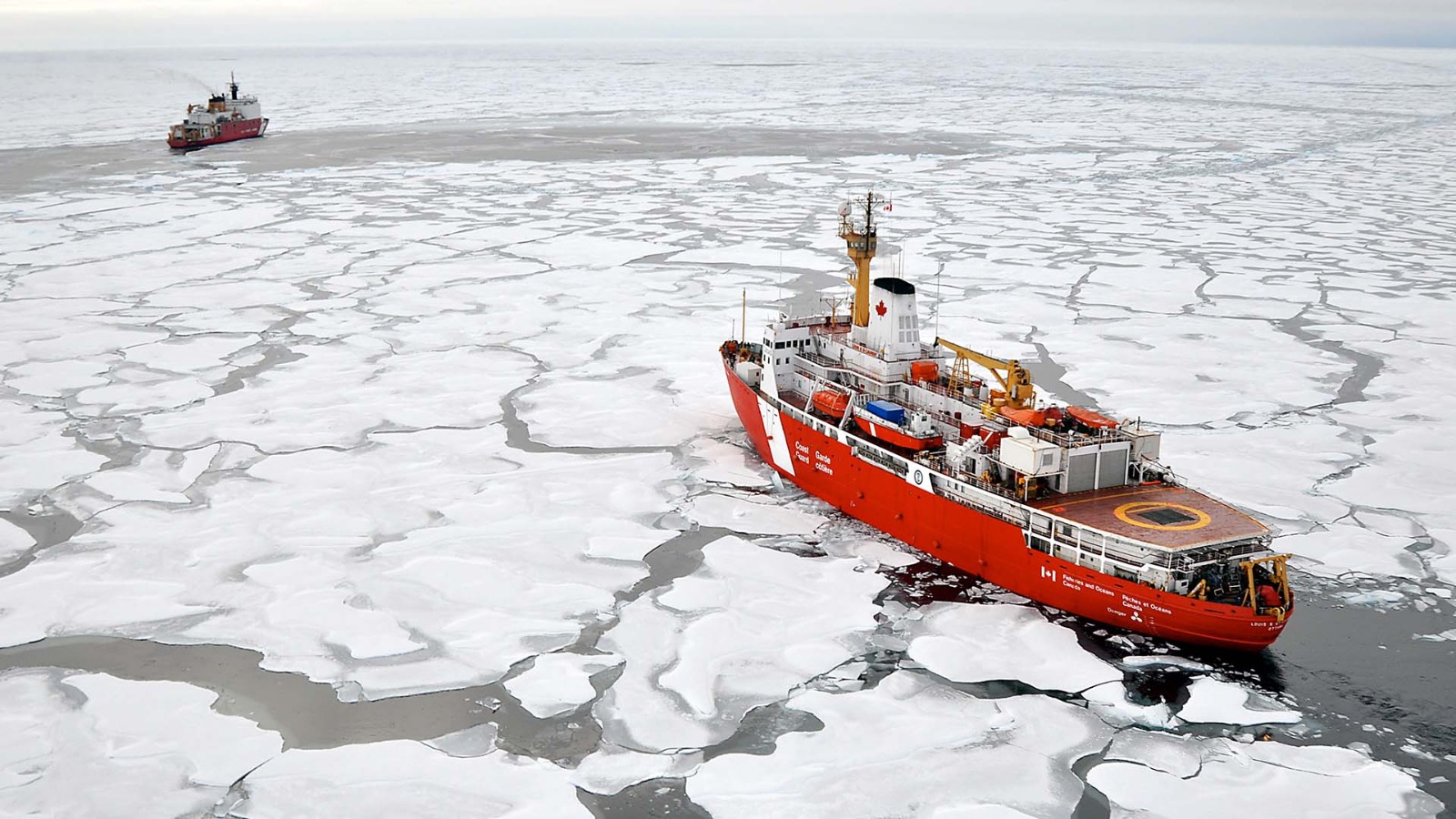The Arctic region has rapidly emerged as a strategically critical geopolitical zone, driven largely by significant environmental changes that have unveiled new economic and security opportunities. With melting ice opening access to vast reserves of oil, natural gas, and minerals, alongside emerging maritime routes like the Northern Sea Route and the Northwest Passage, the region has become increasingly contested by major global powers. Under the Trump administration, U.S. policy towards the Arctic was assertively reshaped, prioritizing energy independence, national security, and economic deregulation. These shifts highlight broader strategic ambitions while simultaneously sparking debates around environmental sustainability, diplomatic cooperation, and geopolitical stability.
The Trump administration’s policy reflected a clear emphasis on exploiting the Arctic’s economic potential through resource extraction and increased commercial shipping. However, such a focus drew significant criticism from environmentalists and indigenous communities, concerned about the irreversible ecological impacts and acceleration of climate change due to aggressive development strategies. The administration’s rollback of environmental protections to facilitate drilling operations underscored its prioritization of short-term economic benefits over long-term ecological sustainability.
A particularly striking illustration of Trump’s Arctic strategy was his repeated interest in purchasing Greenland from Denmark, first expressed publicly in 2019 and reiterated again more recently in 2025. This highly controversial proposal highlighted Greenland’s strategic importance, particularly its potential as a base for military and economic expansion, reflecting Trump’s broader ambition to assert American dominance in the region. Greenland’s leadership swiftly and firmly rejected the proposal, underscoring the significance of national sovereignty and self-determination. This diplomatic tension illuminated broader sensitivities and complexities in Arctic geopolitics, including issues of sovereignty, national identity, and resource nationalism.
The administration’s focus also significantly addressed national security concerns arising from increased Russian military activities and strategic advancements in the Arctic. In response, the U.S. intensified its military presence, investing heavily in essential infrastructure like icebreakers and surveillance systems. Trump-era rhetoric consistently emphasized the need for American leadership in safeguarding national interests, framing the Arctic as a critical arena for geopolitical competition, particularly against Russian and Chinese ambitions.
However, critics argued that the Trump administration’s largely unilateral and short-sighted economic approach risked destabilizing established multilateral frameworks such as the Arctic Council. These frameworks historically facilitated cooperation among Arctic nations, providing a balanced mechanism for managing shared resources, mitigating environmental risks, and reducing geopolitical tensions. Trump’s reduced commitment to such cooperative frameworks risked alienating traditional allies and intensifying regional rivalries, potentially undermining long-term stability.
The economic opportunities presented by the Arctic region are undoubtedly significant, particularly regarding shorter shipping routes and abundant natural resources. Nonetheless, the risks posed by rapid development without robust environmental safeguards are equally substantial. The potential for ecological disasters, acceleration of global climate impacts, and disruption of local indigenous communities’ livelihoods remain critical concerns. Additionally, heightened geopolitical competition absent meaningful diplomatic engagement could escalate tensions, increasing instability within the region.
Trump-era Arctic policy thus exemplifies a broader geopolitical challenge: balancing immediate economic and national security interests with the imperative for sustainable development and cooperative international relations. As the Arctic continues to evolve due to climate change and geopolitical pressures, it becomes increasingly crucial for policymakers to adopt balanced, sustainable strategies. These should emphasize not only resource management but also meaningful engagement with indigenous communities, enhanced diplomatic collaboration, and comprehensive environmental stewardship.
Ultimately, the growing strategic importance of the Arctic in a new Trump era underscores critical lessons in geopolitical decision-making. Future policy must reconcile short-term national ambitions with the long-term demands of ecological sustainability and international cooperation. An integrated and nuanced approach is essential to navigating the complex opportunities and challenges emerging from this dynamically evolving region.

Table of Contents
ToggleJihoon Yu
Jihoon Yu is the director of external cooperation and associate research fellow at the Korea Institute for Defense Analyses. Jihoon was the member of Task Force for South Korea’s light aircraft carrier project and Jangbogo-III submarine project. He is the main author of the ROK Navy’s Navy Vision 2045. His area of expertise includes the ROK-U.S. alliance, the ROK-Europe security cooperation, inter-Korean relations, national security, maritime security, hybrid-threats, and strategic weapons systems. He earned his MA in National Security Affairs from the U.S. Naval Postgraduate School and Ph.D. in Political Science from Syracuse University.













